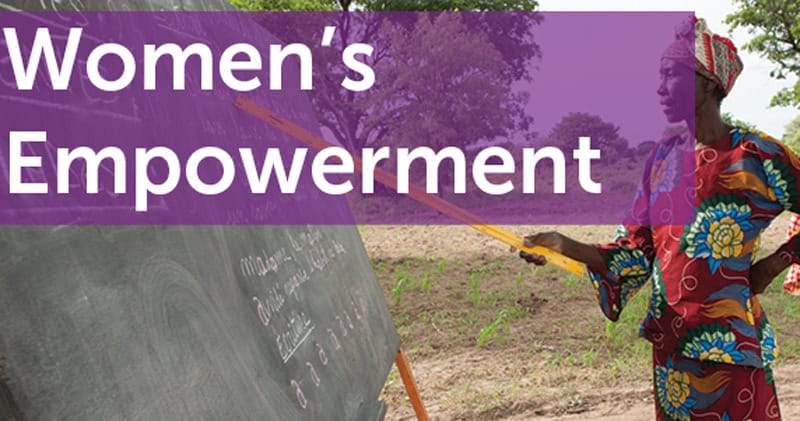Kolkata: Privileged women must empower and enable others to speak for themselves and not speak on their behalf, a panel of women professionals and writers said here on Friday.
“Terms like #MeToo might be urban but the reality is same everywhere. Women face discrimination based on their looks even in villages. Body shaming and sexual harassment happen everywhere,” popular writer Shuchi Singh Kalra said at the sixth Kolkata Literature Festival of 43rd International Kolkata Book Fair.
She said it is the responsibility of the women who have a platform and are in the position to speak and be heard, to pull others up.
“I think it is a situation of a complete lack of power for the woman of rural and minority communities. They are very aware but as they are not privileged. It is harder for them to make their voices heard,” publishing professional Arpita Das said.
Pointing out the importance of individual voices being heard, Das said: “I agree that responsibility does lie with urbane privileged women to speak for ourselves and also empower, enable other women to speak for themselves, not speak for them”.
“That is the big mistake feminist movement has done earlier,” she said.
“I think we need to move away from the toxic narrative that is building up. It is not about male bashing. Both men and women are equally victimised by the patriarchal mindset, so a more balanced and inclusive perspective is needed,” Kalra said.
According to the panel, MeToo movement has enabled more conversation at workplaces.
Talking about the change that the movement has brought along, inter-cultural corporate coach Arti Kelshikar said: “There is more of weariness if not fear. People are worried and more careful in a corporate setup”.
She said a man who works with foreign banks had disclosed that he makes sure not to talk one on one with interns and new employees.
Addressing the issue of body shaming, Kalra, the author of “I am Big-So what!?” remarked: “If everybody is tall, fair, thin we would be clones of each other. Why can’t we accept people of different shapes, sizes and colours”.
She said now there is some representation of the plus size in cinemas and clothes are also available, but there is a long way to go. A
Kelshikar who has 15 years of experience in corporate fields, said shockingly aa woman’s dress, her marital status and even her identity everything is a point of discussion’ at workplaces.
[source_without_link]IANS[/source_without_link]

